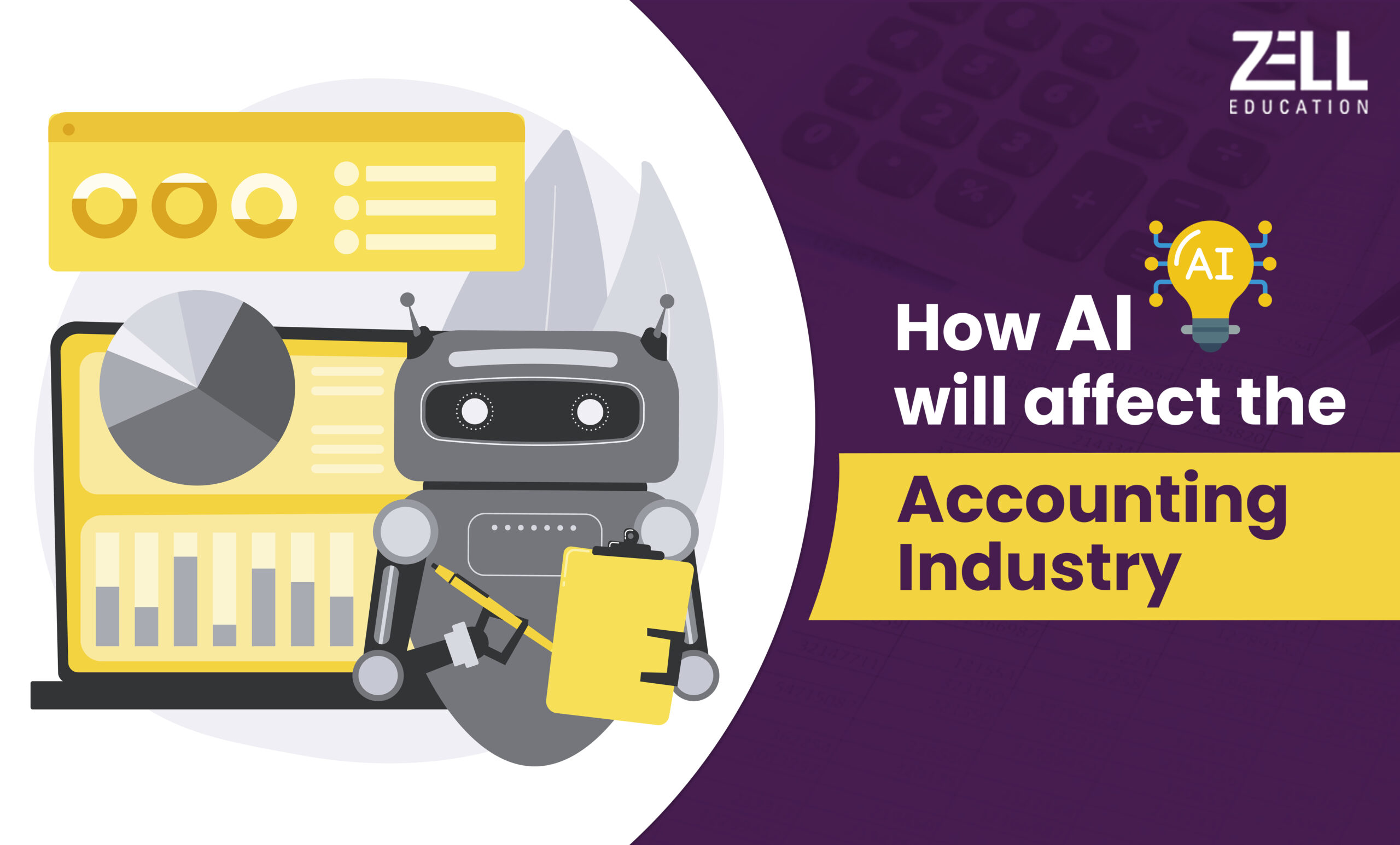Artificial intelligence is significantly affecting multiple industries. However, its effects on the accountancy profession are profound as AI brings a fundamental transformation to both the ways in which the accountants will be doing things and the types of skills an accountant needs to acquire. Explain the implications that AI brings to accounting work tasks and changes to accountancy jobs resulting from using artificial intelligence in accountancy practice.
AI Impact on Accounting Tasks:
AI impacts accounting tasks in a deep manner. AI technology has the ability to automate many routine accounting tasks, thus saving time and effort to a significant extent. Some of the main positions that fall under AI are:
Data Entry Automation: AI can automate routine data entry, thereby reducing manual input and errors associated.
Account Reconciliations: AI compares transactions for any discrepancies, hence simplifying reconciliations.
Financial Statement Preparation: Automatically prepares financial statements from the underlying data, thus saving much time in error-free ways.
Fraud Detection and Risk Assessment: With artificial intelligence, it will be possible to detect fraud patterns by analysing big data sets, thus helping accountants prevent or mitigate risks in good time.
This leaves the accountants to engage themselves with more strategic responsibilities like analysis and decision-making as well as advisory roles in consultancy services.
To know more about this topic, also read our article on Basic Skills Needed to Join an Accounting Firm.
Artificial Intelligence in Accounting:
AI is becoming a necessary tool in accounting, which brings significant improvements to the profession. The accountants can use AI to optimise workflows, increase accuracy, and extract insights that were previously hard or time-consuming to obtain. Some ways AI is making accounting better include:
Data Analysis: AI processes a high volume of financial data and extracts trends and patterns that enable accountants to make the best possible decisions.
Predictive Analytics: Financial forecasting using AI to help predict future trends on the basis of historical data.
Automated Compliance: AI helps in making financial records compliant with the rules of regulations and, hence, avoids the human error factor while reporting.
Error Detection: This helps accountants identify anomalies within financial records, thus helping catch errors and prevent fraud.
All these capabilities enhance the efficiency of accountants and contribute to improving the quality of their work by offering greater value to businesses and clients.
To know more about this topic, also read our article on Top 5 Accounting Trends To Pay Attention To In 2023.
AI and Accounting Jobs:
The rise of AI in accounting is likely to have a noticeable impact on the job market. As automation takes over many routine tasks, some lower-level positions may be replaced or restructured. However, AI will also create new roles and opportunities. Key points to consider include:
Job Automation: Some repetitive and manual tasks, like data entry and reconciliations, may no longer require a human accountant. This could lead to a reduction in demand for certain clerical roles.
Evolving Job Requirements: Many accounting jobs will require accountants to have new skills, such as proficiency in AI tools, data analytics, and programming. Accountants will need to adapt to new technology to stay relevant.
Human Judgement Needed: While AI can automate many tasks, human accountants will still be essential for tasks that require judgement, decision-making, and client-facing interactions. Interpreting data and providing professional advice will remain crucial components of the accounting profession.
To know more about this topic, also read our article on Best Outlook Of The Financial Accounting Courses In 2023.
Skills Required for Accounting Jobs in the AI Era:
As AI technology becomes more prevalent in accounting, the skills required to thrive in the profession are shifting. In addition to traditional accounting skills like financial reporting and bookkeeping, accountants will need to develop new competencies, including:
Data Analysis: Accountants will need to analyse complex datasets to derive insights, using tools like AI software and advanced analytics.
Programming and AI Knowledge: Understanding the basics of programming, machine learning, and AI algorithms will be important for accountants to work effectively with these technologies.
Critical Thinking and Problem-Solving: Accountants will need to think critically about data and use problem-solving skills to interpret findings and make informed recommendations.
Communication Skills: As accountants increasingly work in strategic roles, the ability to communicate insights and advice to clients, executives, and stakeholders will be more important than ever.
Accountants will need to be proactive in acquiring these new skills to remain competitive in the evolving job market.
Final words
In conclusion, AI is making a profound impact on accounting, streamlining many tasks and introducing new opportunities and challenges. While automation may replace some lower-level accounting jobs, it also opens the door to more advanced roles for accountants who can adapt to new technology. As AI continues to evolve, it’s essential for accountants to stay updated on the latest developments and acquire the necessary skills to thrive in the AI-driven accounting landscape. Embracing AI will not only help accountants improve their work efficiency but will also empower them to take on higher-level, strategic responsibilities in the future.
